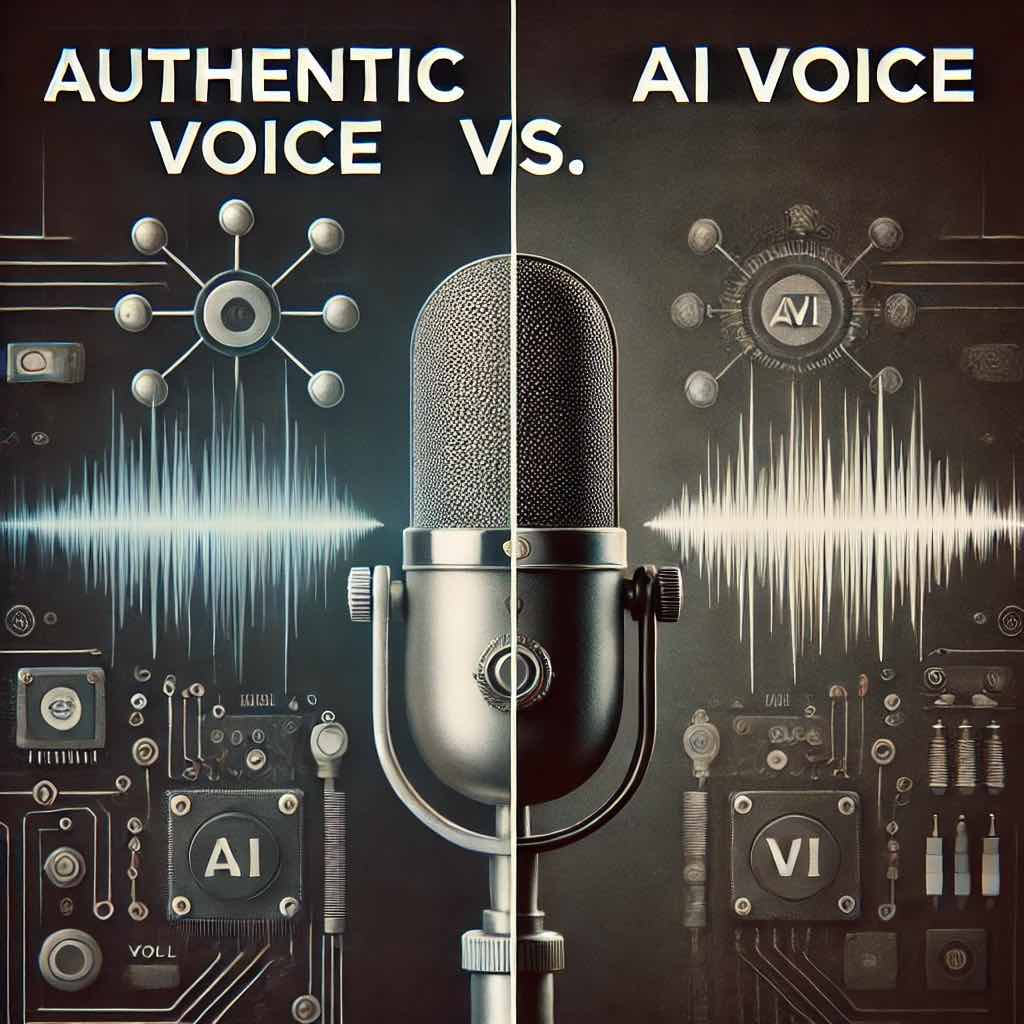In the podcasting world, authenticity is everything. When I heard RiversideFM had released an AI voice feature to make adding forgotten details easier, I had to try it for myself. The concept? If you miss a key bit of information in your recording—like a website URL or important contact info—RiversideFM’s AI can fill in for you with a synthesized version of your voice. It’s futuristic, but also a bit unsettling. Is this the direction we really want to head?
Testing Out the Tech: From Curiosity to Caution
Setting up RiversideFM’s AI voice tool was easy. It requires a few minutes of recorded audio to build a model of your voice. I purposely used an average mic to see how the AI would handle a lower-quality sample. But when I hit “Generate,” what I heard was… a strange, barely passable impersonation. Technically, it sounded like me, but with an artificial, almost robotic edge. It was like a ghost version of my voice, and not in a good way.
I get that this is a beta version, but I can’t help but question if we really need this. Sure, it’s cool that it kind of sounds like me, but it’s nowhere near natural. As it stands, this feature feels more like a gimmick than a useful tool.
Ethical Concerns: Is AI Crossed the Line?
This experiment made me wonder: Are we too comfortable handing over our voices to AI? Imagine using this tech to make someone say things they never actually said. Today, it’s a harmless extra line in a podcast, but down the line, who knows? A tool like this could be manipulated in countless ways, some of which could lead to serious ethical questions. If AI can make us say anything, where’s the boundary?
The thought of faking conversations or modifying voices, even if it’s my own, doesn’t sit well with me. When we rely on AI for our voices, we might start losing touch with the honesty that drew people to podcasts in the first place. Are we creating “authentic” content, or just playing with digital puppets?
The Transparency Trap: AI-Generated Disclaimers
One irony here is that if I used this AI voice to post on platforms like YouTube, I’d likely need to disclose that it was AI-generated. Can you imagine tuning into a podcast and hearing, “Hi, I’m AI-so-and-so”? It’s almost absurd. In a world where audiences value authenticity, adding these “AI stamps” might do more harm than good. Why use an AI voice to deliver information when I could just, you know, say it?
The whole point of podcasting is authenticity. Scripted podcasts are a recipe for disaster so then what about podcasts using AI tools to generate their voice?
My Verdict: RiversideFM is a great tool but Stick to What Works
I have to hand it to RiversideFM for pushing boundaries. As a platform for recording and editing podcasts, they’re fantastic—one of the best in the business. But this new AI feature? It’s a hard pass for me. Not only does it fall short technically, but it also muddies the trust between creators and audiences. When we start leaning too much on AI to do the talking, we’re losing the very thing that makes podcasting special: our real, unfiltered voices.

So, what do you think? Are AI voices a helpful innovation, or are they setting us on a path toward losing our authenticity?
If you want to use RiversideFM, you can use my discount code for 15% off! Just use the code: NICOLE15.
Podcasting 101 Online course
If you’re interested in learning how to create an authentic, engaging podcast from scratch, check out my Podcasting 101 Online Course! This course is designed to take you from concept to launch, covering everything from planning and recording to editing and promoting your podcast.
Whether you’re a total beginner or looking to level up your skills, this course breaks down the essentials, with step-by-step guides, tips for growing your audience, and insights on finding your unique voice. By the end, you’ll be ready to confidently produce and share your podcast with the world—no AI needed!


Comments are closed